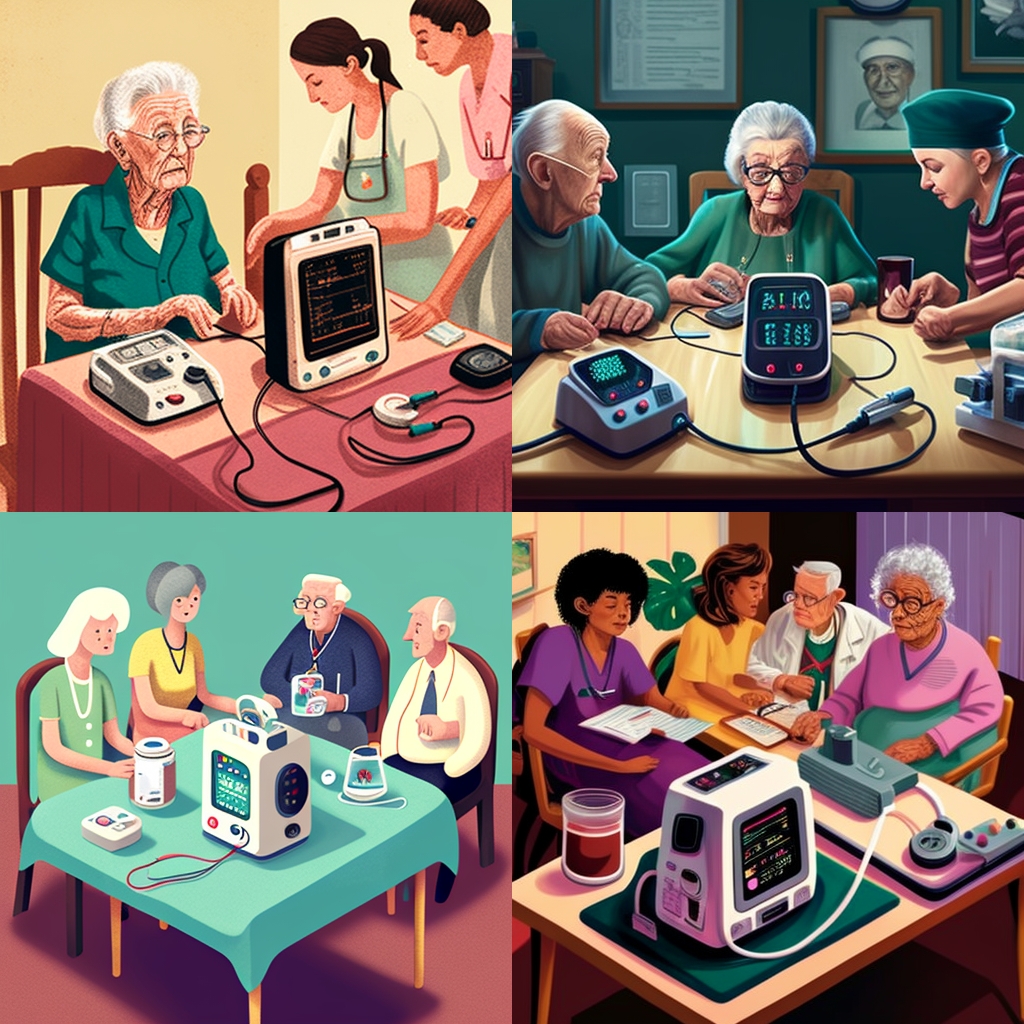Geriatric nursing is a specialized field of nursing that focuses on the care of older adults, typically aged 65 and older. This population has unique health needs that require a specialized approach to care. Geriatric nurses are trained to provide comprehensive care that addresses the physical, mental, and emotional well-being of older adults. The importance of geriatric nursing in healthcare cannot be overstated. As the population continues to age, the number of older adults with complex medical needs is growing. According to the World Health Organization, the global population of people aged 60 years and older is expected to more than double by 2050, from 900 million in 2015 to about 2 billion. This demographic shift highlights the need for healthcare professionals who are specifically trained to care for older adults.
Geriatric nursing is a specialized field that requires a deep understanding of the unique health needs of older adults. Physiological changes associated with aging can have a profound impact on an individual’s health, making it important to have healthcare professionals who are specifically trained to address these needs. Geriatric nurses play a vital role in providing comprehensive care to older adults, from managing chronic conditions to preventing and treating acute illnesses.
Older adults have unique health needs that require specialized care. Some of the common health issues that older adults face include changes in physical health, changes in mental health, multiple chronic conditions, polypharmacy, falls and injuries, and end-of-life care. One of the key components of geriatric nursing care is a comprehensive assessment that takes into account the whole person, including their medical history, social support system, and cognitive function. This assessment helps to identify potential health risks and develop a personalized care plan that addresses the individual’s unique needs. Additionally, geriatric nurses play a key role in medication management, which can be particularly challenging in older adults who may be taking multiple medications.
Interdisciplinary collaboration is also critical in providing high-quality geriatric care. Geriatric nurses work closely with other healthcare professionals, including physicians, social workers, and physical therapists, to develop and implement comprehensive care plans that address the unique needs of each patient.
While there are many opportunities for career advancement in geriatric nursing, there are also some challenges. Staffing shortages in geriatric nursing are a growing concern, and there is a need for continued education and training to ensure that healthcare professionals are equipped with the knowledge and skills needed to provide high-quality care to older adults.
In conclusion, geriatric nursing is an essential component of healthcare, particularly as the population continues to age. By addressing the unique health needs of older adults and providing comprehensive care, geriatric nurses play a vital role in helping older adults maintain their quality of life. Continued support and investment in geriatric nursing care are essential to ensure that older adults receive the high-quality care they deserve.

